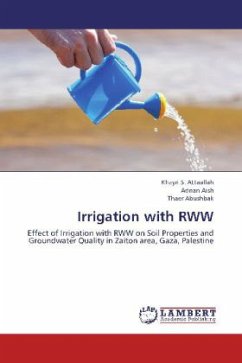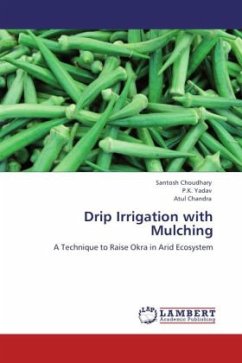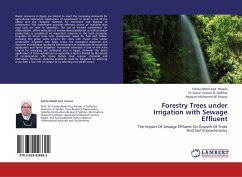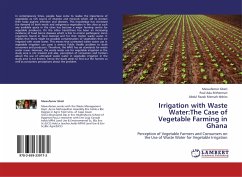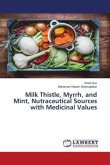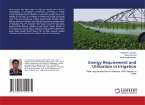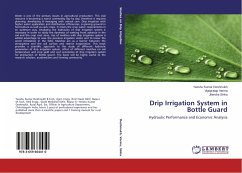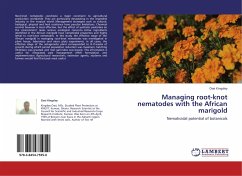Reclaimed wastewater is now being considered as a new source of water that can be used for different purposes such as agricultural and aquaculture production, industrial uses, recreational purposes and artificial recharge. Using wastewater for agriculture production will help in alleviating food shortages and reduce the gap between supply and demand. The best way to use RWW is in the irrigation of soils, which can relieve a great deal of pressure on fresh water resources. Replacement of freshwater RWW is an important conservation strategy contributing to agricultural production, leading to substantial benefits from the use of nutrient-rich wastewater.Impact from RWW on agricultural soil, is mainly due to the presence of high nutrient contents , high TDS and other constituents such as heavy metals, which are added to the soil over time. RWW can also contain salts that may accumulate in the root zone with possible harmful impacts on soil health and crop yields. The leaching of these salts below the root zone may cause soil and groundwater pollution.

